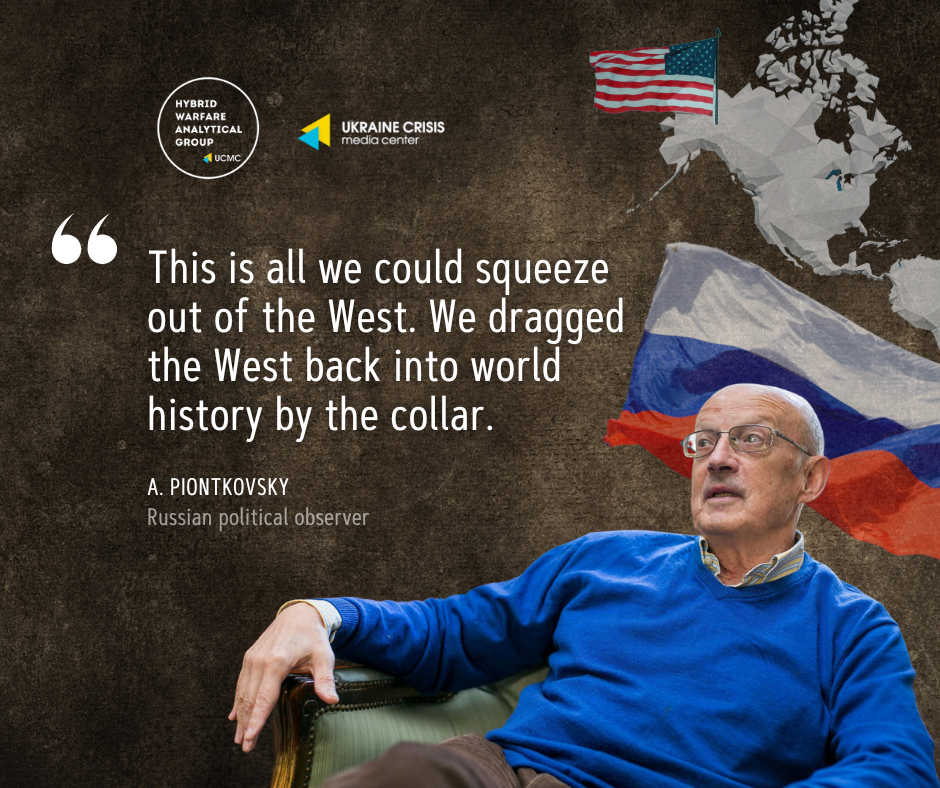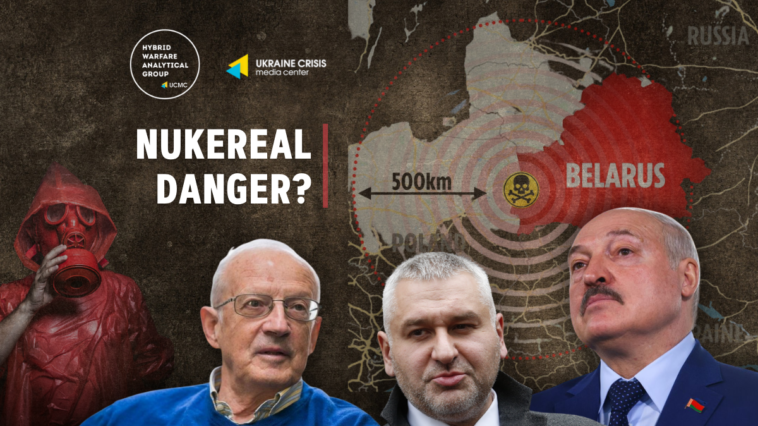Amid the absence of free media and the complete control of Putin’s regime over television, the Kremlin is trying to create a monopoly on information. YouTube, in its turn, seems to be the only communication medium between the Russian opposition and the general public — Russian citizens representing different strata of society.
Unlike Facebook and Twitter, which are foreign concepts to many and unappealing to the ordinary Russian, Vkontakte, a Russian online social media platform, which has long been under KGB control remains the social media of ‘choice’.
Then there’s TikTock, which is controlled and censored by China, Instagram, which is primarily focused on non-political content, and YouTube, which caters to a variety of needs for range of target audiences.
YouTube, however, is not just a medium for video content but a place to find like-minded people, and is increasingly becoming the platform for public discussion in Russia (as far as that is possible in Russia)
The Russian segment of YouTube offers all possible content, from aggressive state propaganda to channels that position themselves as oppositional — but critical narratives can be shared for both.
YouTube algorithms target their videos to the perfect segment of Russian society — this is how the content goes viral. Being primarily targeted to users who know Russian or to some areas of Russia, these messages are frequently unknown to a larger audience.
Thousands of anti-regime videos on oppositional (or “oppositional”) channels are either reflect the Kremlin rhetoric in a “softer” light or push the Kremlin’s agenda. After a year of a large-scale war, all the relevant movements’ prominent and credible experts (from the academic field to typical “talking heads”) articulating messages that are worthy of attention — all of them are now represented on YouTube, and this is the defining feature of Russian media space.
The HWAG team does not seek to evaluate these channels themselves and their motives, and whether their position and objectives may coincide with Ukrainian ones. Our new project is aimed to introduce the English-speaking audience, who cannot consume Russian content directly due to either the language barrier or the peculiarities of YouTube algorithms, with materials and statements that we find worth your valuable time and attention.
Thousands of anti-regime videos on oppositional (or “oppositional”) channels are either reflect the Kremlin rhetoric in a “softer” light or push the Kremlin’s agenda. After a year of a large-scale war, all the relevant movements’ prominent and credible experts (from the academic field to typical “talking heads”) articulating messages that are worthy of attention — all of them are now represented on YouTube, and this is the defining feature of Russian media space.
The channel is owned by the Russian lawyer of public and political figure Mark Feygin, known for his human rights work with Russian opposition figures, Ukrainian journalist Roman Sushchenko and military officer Nadiya Savchenko during their court cases in the Russian Federation.
The channel has quite an extensive reach, with over 2 million subscribers and over 700 million total views. The channel is aimed primarily at Russian viewers. Since its creation in 2009, it has mainly published reviews and videos about Russia’s domestic political situation and its role in the world political arena. However, it gained popularity following Russia’s full-scale invasion of Ukraine due to the active involvement in the project of a former employee of the office of the President of Ukraine, Oleksiy Arestovych.
This actively drew the Ukrainian audience to the channel, which continues to tune intoFeygin’s interviews with other “political experts”. Interestingly, Ukrainian news YouTube channels released various videos about this interview immediately after the publication of this video. They received more than 200,000 views, mainly among the Ukrainian audience. The opinions expressed on this channel can often play along with Russian propaganda and therefore are dangerous for Ukraine.
The interview is devoted to Russian Federation President Vladimir Putin’s statement about the deployment of tactical nuclear weapons in Belarus. This statement sparked widespread outrage on social media and in diplomatic circles, despite being a fairly obvious continuation of the Russian regime’s nuclear discourse throughout the war. It is worth noting that the President of Belarus, Lukashenko, had previously requested the Russian authorities to take such a actions for the “security of Belarus”.
In Russian opposition circles, attitudes towards such a statement were divided into two camps: pessimistic (including Yuri Feldshinsky) and optimistic (directly Andrei Piontkovsky). At the same time, the narratives of both these camps are dangerous because in one way or another they distort the reality, both in politics and on the front. The pessimistic view of this statement is aimed at a Western audience. It promotes narratives that are consistent with statements made by politicians such as Donald Trump about the possibility of World War III. Optimism leads to an inaccurate perception of the situation and the creation of the so-called “cult of victory”, which has already sparked public debate in Ukraine.
A vivid example of this position of Piontkovsky is his statement about the unequivocal rapid fall of the Russian regime. “We now see dozens of focus groups of Russian mobilized, masses of Russian fascists of the Prigozhyn type, focus groups of oligarchs discussing the state of the government and their further actions”. It is worth mentioning that any reference to actual research does not support this statement, and therefore the statement is manipulative. Also, this statement creates an image of the Russian regime as weak and disconnected from reality and reinforces the above-mentioned “cult of victory”.
In the context of the analysis of international politics, Andrey Piontkovsky is skeptical of Donald Trump’s chances of victory. He states that the United States has formed a bipartisan consensus regarding the plan to support Ukraine. He tries to confirm this statement by saying that Trump’s main competitor, DeSantis, has changed his rhetoric toward supporting Ukraine.
Nevertheless, we understand that American politics is much more complex, and further positions will change during the presidential election campaign. This video also discusses in detail the results of Xi Jinping’s visit to Moscow and the subsequent visits of Emmanuel Macron and Ursula von der Leyen to Beijing. To begin with, it is worth noting the contemptuous attitude of both Piontkovsky and Feigin because they referred to the Head of the European Commission exclusively as “Macron’s gynecologist.”
This perfectly shows the imperialist attitudes of Russian liberals because the mocking attitude towards representatives of the world political community and the simultaneous opposition to the current Russian regime suggests that they are not satisfied with the criminality of Vladimir Putin’s regime but rather with the ineffectiveness of his international policy.
Piontkovsky does not forget that Ukraine’s partners have wavered for far too long in supporting Ukraine, leading to irreparable losses, an attempt to shift part of the blame for the war to the West. This technique is often used by other Russian “liberals”, such as Gennady Gudkov (our article about him is here). The analyst described Xi Jinping’s visit to Moscow as catastrophic for China and the Russian Federation. First of all, calling the communication of the heads of state a vassal, thus further undermining the regime’s ability to take personally motivated actions. It is also essential to emphasize Piontkovsky’s rhetoric, which is most vividly revealed in this quote:

This attitude to world events first whitewashes “liberal” Russians, and secondly, it once again shifts the responsibility to other countries.


